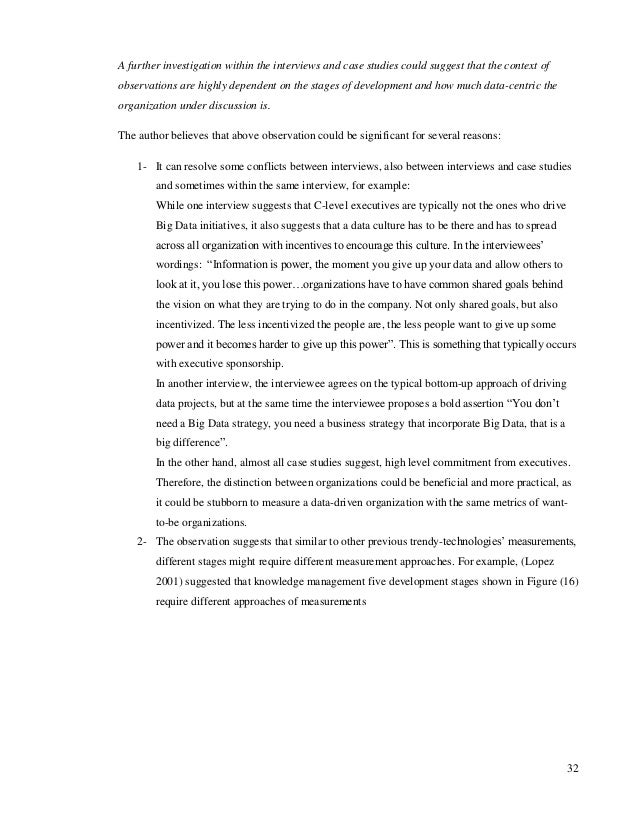Data-driven management has risen sharply from a decade ago, when Thomas Davenport wrote Competing on Analytics. Data is now the critical tool for managing many corporate functions, including marketing, pricing, supply chain, operations, and more. This movement is being further fueled by the promise of AI and machine learning, and by the ease of collecting and storing data about every facet of our daily lives. But has the pendulum swung too far? Are managers relying excessively on data to guide their decisions, abdicating their own knowledge and experience?

One possible solution may be found in Agent-Based Simulation (ABS), a novel approach to solving complex business problems through computer simulations. One of the most appealing aspects of ABS is that it combines domain expertise and data. The domain expertise is used to define the structure of the simulation, which is unique to each business problem. The data is used partly to refine the details of the simulation, and partly to ensure that as the simulation runs, the resulting outcomes match real-world results. With this approach, the manager’s expertise regains the primary role, and the results of the simulation can be analyzed by the manager and data scientist together.

The system is populated with 3 years of historical data. As brand manager for K-W’s Blue laundry detergent, you are tasked to lead the brand's turnaround. Use the Vision platform to to develop your strategy and grow Blue’s market share over the next 4 years. The reason why this is rarely done in practice is the challenge of getting good simulations. The quality of simulation limits the complexity of the modelling technique. At Cern, physicists spent work years on the simulations itself. With IoT and Industry 4.0 on the rise, I expect that simulation engineers and data scientist will find each other. First, a number of data-driven simulation models are reviewed and assessed on various types of computationally expensive simulation problems. Motivated by the conclusion that no model outperforms others if amortized over diverse problems, a meta-learning based recommendation system for data-driven simulation modeling is proposed.

Data Driven Management Of Blue Detergent Simulation Using

Data Driven Management Of Blue Detergent Simulation Method
- This is a Harvard Business Publishing Online Data Analytics Simulation: Data-Driven Management of Blue Detergent The following must be answered: Briefly describe the steps you took when running the K-W Blue simulation.
- Data-Driven Management of Blue Detergent Kelsey-White (K-W), an American multinational consumer goods company, manufactured and sold a variety of consumer packaged goods (CPG) around the world – generally through brick-and-mortar retailers. In the U.S., laundry detergent was a key product for K-W in the form of Blue, its primary brand.
